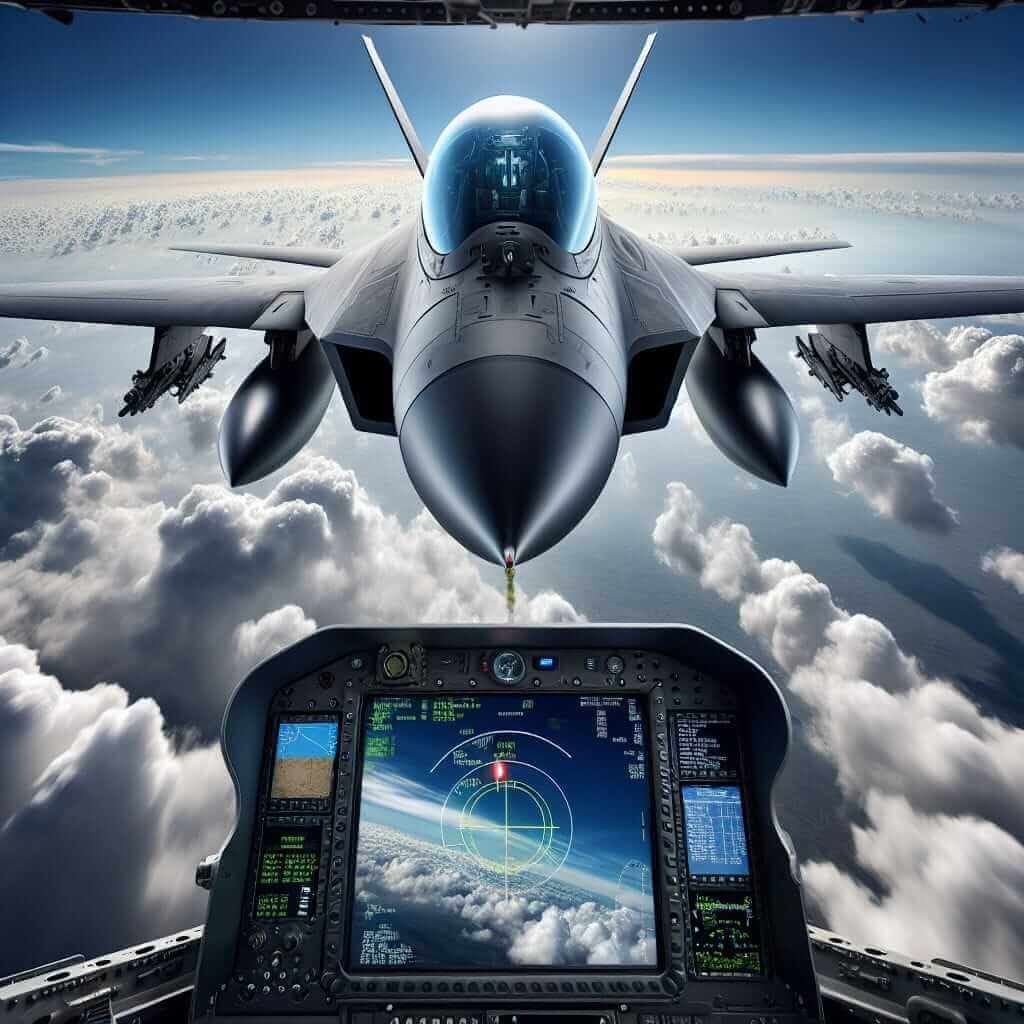The impact of technology on warfare is a topic frequently explored in IELTS Writing Task 2. Specifically, the role of semiconductor technology in shaping modern military capabilities is a pertinent issue with significant implications for global security.
This article will delve into the multifaceted impact of semiconductors on military capabilities, offering insights into how this topic might be approached in an IELTS essay. Below are some potential IELTS Writing Task 2 questions related to this theme:
- To what extent has the development of semiconductor technology revolutionized modern warfare?
- Some argue that the reliance on semiconductors in military technology makes countries more vulnerable. Discuss both views and give your opinion.
- The increasing sophistication of semiconductor technology raises ethical concerns. Discuss the potential risks and benefits of this technology in a military context.
Sample Essay: Analyzing the Impact of Semiconductors on Warfare
Question:
To what extent has the development of semiconductor technology revolutionized modern warfare?
Analysis
This essay question requires an examination of the profound changes brought about by semiconductor technology in the realm of warfare. You need to provide specific examples to illustrate your points and present a balanced perspective.
Model Essay
Semiconductor technology, the bedrock of modern computing, has undeniably revolutionized the landscape of modern warfare. Its impact is pervasive, influencing everything from sophisticated weaponry to intelligence gathering and strategic decision-making.
One of the most significant contributions of semiconductors is in the realm of precision warfare. Guided missiles and drones, enabled by advanced microprocessors and sensors, allow for targeted strikes with minimal collateral damage. This is a far cry from the indiscriminate bombing campaigns of the past, highlighting a significant shift towards surgical and calculated military operations.

Furthermore, semiconductors have ushered in an era of networked warfare. Real-time communication and data sharing between units on the battlefield, facilitated by sophisticated communication systems reliant on semiconductor technology, have greatly enhanced situational awareness and coordination among forces. This interconnectedness allows for more effective command and control structures, giving militaries a strategic edge.
However, this reliance on semiconductors also presents vulnerabilities. The potential for cyberattacks targeting military systems, capable of disrupting communications or even manipulating weapon systems, poses a serious threat. The increasing dependence on complex software and interconnected networks introduces new vulnerabilities that adversaries can exploit.
In conclusion, while semiconductor technology has revolutionized warfare by enabling precision strikes and networked combat, it also introduces new challenges in cybersecurity. As technology continues to advance, nations must carefully consider both the opportunities and risks presented by this reliance on semiconductors in shaping their military strategies. (Word count: 248)
Writing Tips
- Use specific vocabulary: Incorporate terms like “precision warfare,” “cyberwarfare,” “autonomous weapons,” and “intelligence, surveillance, and reconnaissance (ISR)” to demonstrate your understanding of the topic.
- Provide concrete examples: Illustrate your points with historical or contemporary examples of how semiconductor technology has been used in military applications.
- Acknowledge both sides of the argument: Discuss both the advantages and disadvantages of semiconductor technology in warfare to present a balanced perspective.
Vocabulary
- Precision warfare (n.): /prɪˈsɪʒən ˈwɔːrfeər/ – Military strategy that aims to strike specific targets with minimal collateral damage.
- Cyberwarfare (n.): /ˈsaɪbərˌwɔːrfeər/ – The use of digital attacks to disrupt or damage a nation’s computer systems.
- Autonomous weapons (n.): /ɔːˈtɑːnəməs ˈwɛpənz/ – Weapons systems capable of selecting and engaging targets without human intervention.
- Intelligence, surveillance, and reconnaissance (ISR) (n.): /ɪnˈtɛlɪdʒəns sərˈveɪləns ænd rɪˈkɒnɪsəns/ – Coordinated activities to collect and analyze information about an enemy or area of interest.
- Vulnerability (n.): /ˌvʌlnərəˈbɪləti/ – A weakness that can be exploited by an attacker or adversary.
Conclusion
Understanding the profound impact of semiconductor technology on military capabilities is crucial in today’s world. As you prepare for your IELTS exam, exploring this topic through essays and discussions will equip you with the vocabulary and insights to excel in your writing. Remember to practice using the vocabulary, develop strong arguments, and support your claims with relevant examples. Good luck!